Philosophy
of Science
Hungarian title: Tudományfilozófia
This semester the lectures will be given in English
lecture course
Thu 18-19:30 Room 221 (Múzeum krt. 4/i)
Codes:
BMA-FILD-401.07
BBN-FIL-401.07
BMA-LOTD17-205
BMA-LOTD17-205E
BBN-FIL-315.01
Those who take this lecture course with
code BBN-FIL-315 also
need to take the seminar course of code BBN-FIL-316.
The course provides an introduction to modern
analytic philosophy of science. I shall focus on
the central epistemological problems concerning
empirical sciences like physics; and I shall
discuss these issues on a formal/logical basis.
Finally I sketch a naturalized philosophy of
science based on what I call physico-formalist
philosophy of mathematics -- an account for
scientific knowledge, both a priori and
empirical, within a purely physicalist
ontology.
Main topics:
- characterization of scientific knowledge
- science in social context
- traditional methodology of empirical
science
- skepticism concerning empirical knowledge
- truth of fact vs. truth of reasoning
dichotomy
- the Kantian tradition
- philosophy of logic and mathematics
- scientific theory as partially
interpreted formal system
- semantics of scientific theory
- the physicalist approach
- meaning and truth
- holistic conclusions
- operationalism and the constitutive a
priori
- empirical underdetermination
- scientific knowledge in the context of
the natural world
Grading criteria, specific
requirements
Oral exam from the material
of the lectures. Video records
and the slides of the lectures will be
available.
Required reading:
- Alexander
Bird: Philosophy
Of Science
(Fundamentals of Philosophy), Routledge,
1998.
- L.
E. Szabó: Meaning, Truth, and Physics,
In G. Hofer-Szabó, L. Wroński
(eds.), Making
it Formally Explicit,
European Studies in Philosophy of
Science 6. (Springer International
Publishing, 2017) DOI
10.1007/978-3-319-55486-0_9. (Preprint:
//philsci-archive.pitt.edu/14769/)
Suggested further reading:
- David A. Truncellito: Epistemology,
Internet Encyclopedia of Philosophy, https://www.iep.utm.edu/epistemo/
- Thomas Uebel: Vienna Circle, The
Stanford Encyclopedia of Philosophy
(Spring 2013 Edition), Edward N. Zalta (ed.)
(//plato.stanford.edu/entries/vienna-circle/)
- John Vickers: The Problem of Induction, The
Stanford Encyclopedia of Philosophy
(Spring 2013 Edition), Edward N. Zalta (ed.)
(//plato.stanford.edu/entries/induction-problem/)
- Robert Sinclair: Quine’s Philosophy of
Science, Internet Encyclopedia of
Philosophy (//www.iep.utm.edu/quine-sc)
- L. E. Szabó: Mathematical facts in a
physicalist ontology, Parallel
Processing Letters, 22 (2012)
1240009 (12 pages), DOI:
10.1142/S0129626412400099 [preprint]
- L. E. Szabó: Formal Systems as Physical
Objects: A Physicalist Account of
Mathematical Truth, International
Studies in the Philosophy of Science,
17 (2003) pp. 117 – 125 (preprint: PDF)
- T. Kuhn: Scientific Revolutions, in The
Philosophy of Science, R. Boyd et al.
(eds.), MIT Press 1991, pp. 139-157.
PhD students, in addition, must write a 5-10
page critical essay (in English) in connection
with the main theses I am proposing in the
lecture course.
2019-04-05 |
|
Records and slides
Exams:
18 Dec (Wed)
13:00-15:00, Room 225
2, 9, 16, 23, 30 Jan (Thur)
14:00-16:00, Room 225
|
|

|
Hempel
|
Schlick
|
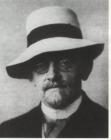
|

|
Hilbert
|
Fine
|
|
|
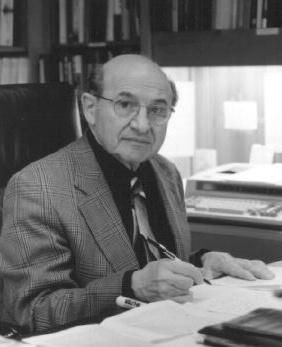
|
Ayer
|
Grünbaum
|
|
|

|
Gödel
|
Russell
|
|
|

|
Bell
|
Salmon
|
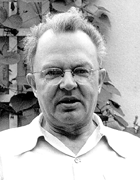
|

|
Carnap
|
Kant
|

|

|
Kuhn
|
Lakatos
|

|

|
Cartwright
|
Lewis
|
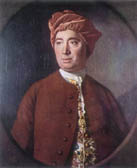
|
 |
Hume
|
Reichenbach
|
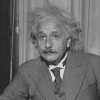
|
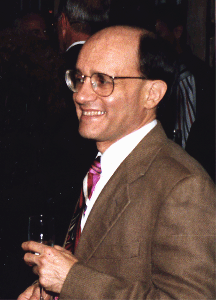
|
Einstein
|
Friedman
|
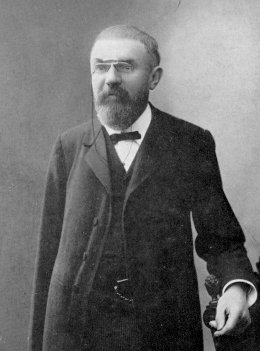
|

|
Poincaré
|
Van Fraassen
|

|

|
Hahn
|
Mach
|

|
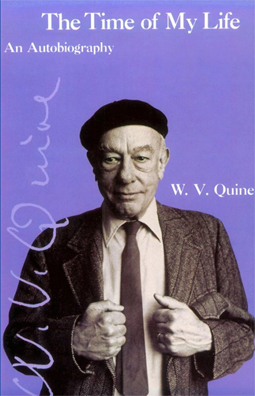
|
Putnam
|
Quine
|
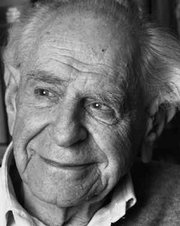
|

|
Popper
|
Earman
|
|
|
|

 LÁSZLÓ E. SZABÓ
LÁSZLÓ E. SZABÓ














